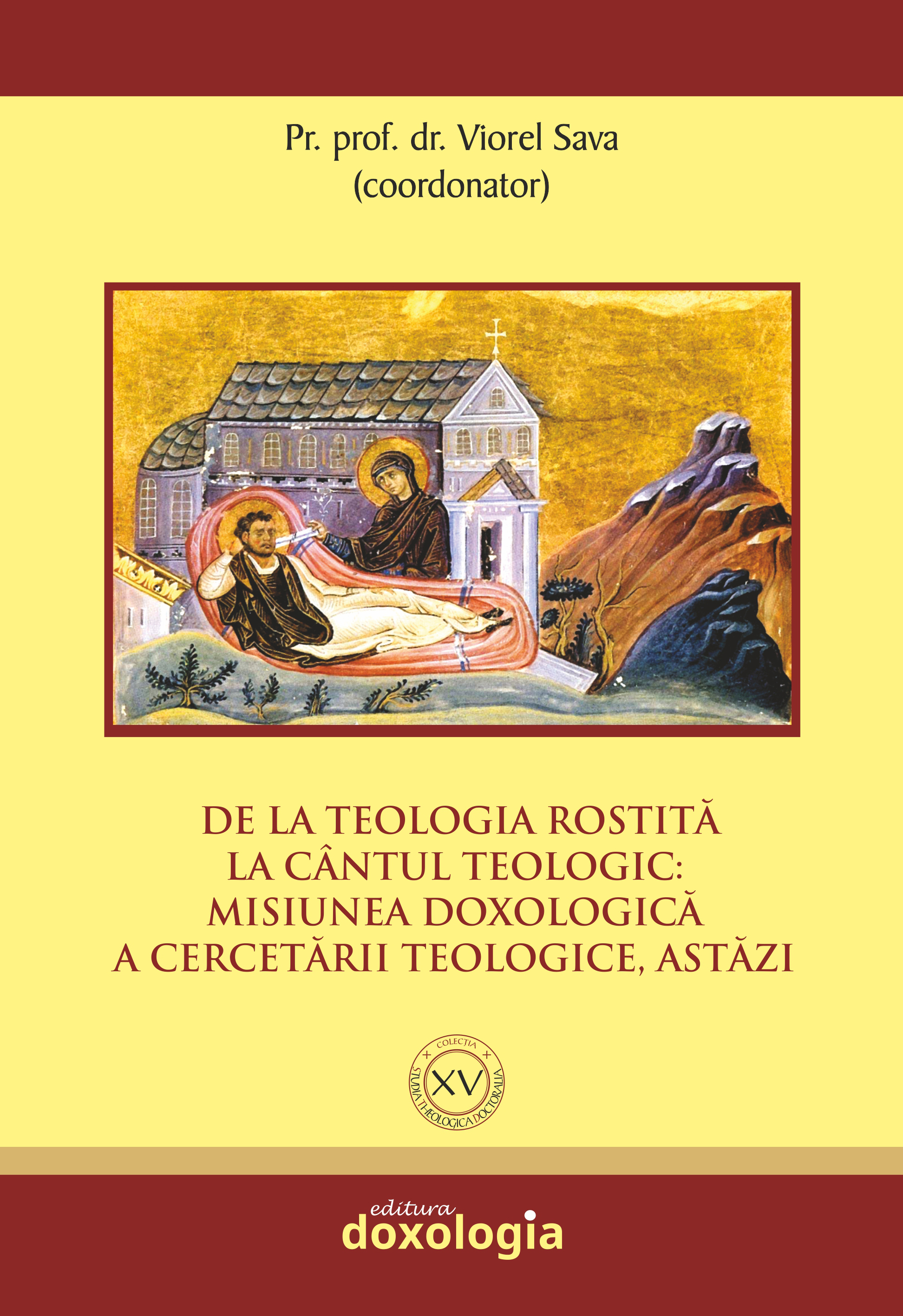The Doxological and Eucharistic Theology of Paschal Hymnography and Mystagogy
The Doxological and Eucharistic Theology of Paschal Hymnography and Mystagogy
Author(s): Gherasim Soca
Subject(s): Christian Theology and Religion, Theology and Religion
Published by: Editura Doxologia
Keywords: eucharist; baptism; pentecostarion; fast;
Summary/Abstract: The goal of any theological endeavor is to partake God. By theology we mean not mere rational speculation, but a whole complex of logical and mental (noetic), liturgical and symbolic-mystical, verbal and meditative acts. Moreover, by partaking God we mean knowing Him through all these theological acts, knowledge which necessarily involves interpersonal relationships. The centrality of the Feast of the Resurrection in the Church and of the Easter period which prolongs it in the ecclesial experience for fifty days brings into our consciousness the essential elements of Orthodox theology, centered on the Eucharist – as the most authentic and concrete way of partaking God –, and on doxology – the praising of God by the man who has known and united himself with Him. The present study is intended as a mystagogical approach to these two goals, based in particular on the hymnography of the Pentecost and the typikonal-liturgical regulations of the Paschal period. It is well known that hymnography is a result of the Church's theological experience throughout history and an unfailing source of God's experience for every believer until the end of time, precisely because it is permeated, from composition to execution, by the grace of the Holy Spirit. In our approach, we will focus in particular on the relationship between fasting and the Eucharist and that between the baptismal font and the Holy Chalice. After all, these two relationships are the expression of the unique relationship that made the Eucharist possible: death and resurrection. The Eucharist is Christ our Passover, which fulfills every theological approach.
- Page Range: 534-552
- Page Count: 19
- Publication Year: 2023
- Language: English
- Content File-PDF

